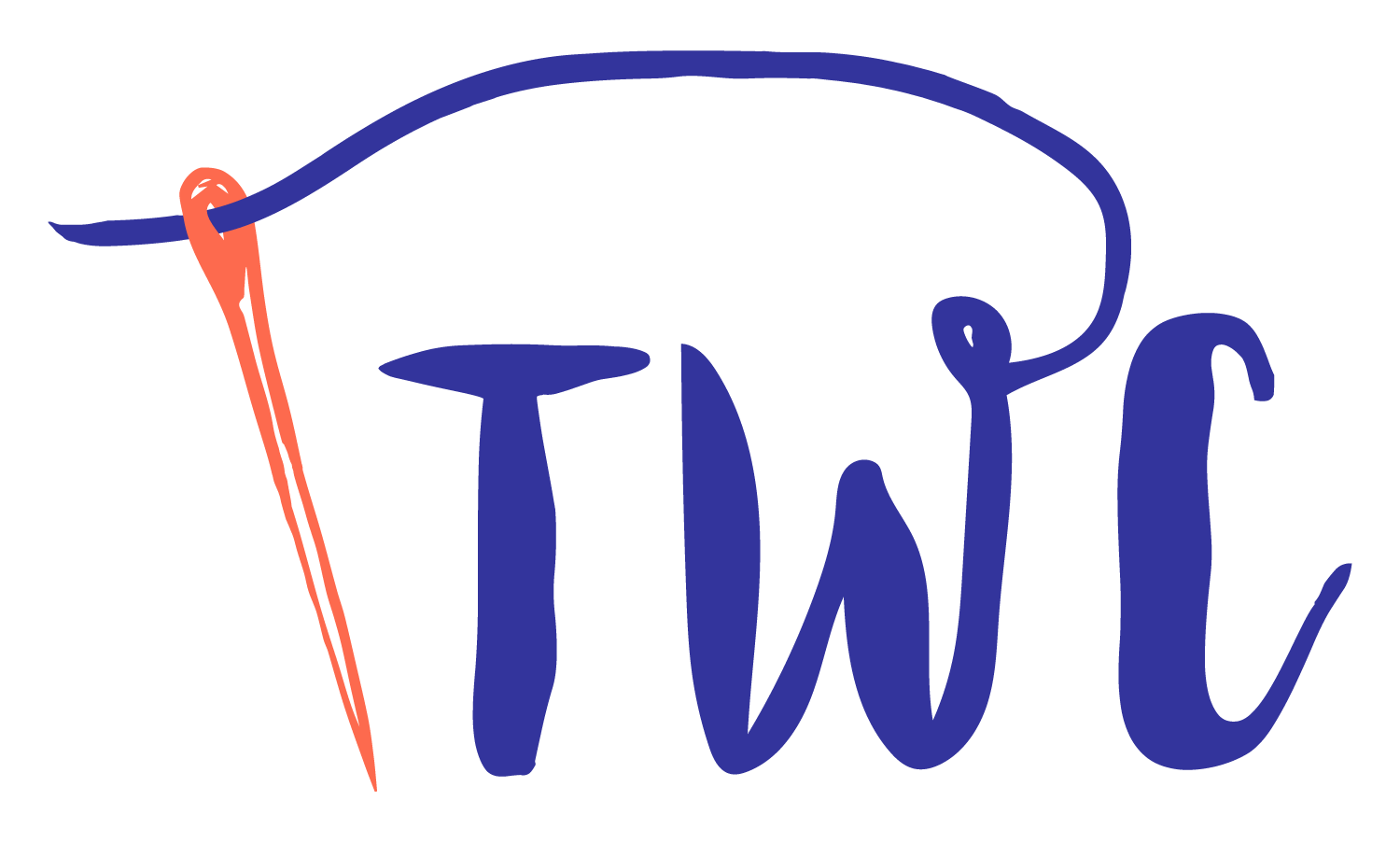AND HOW TO RESPOND TO OFFERS + ADVERTS OF LOW PAY
The majority of people who work in our industry are freelance who regularly go from contract to contract. This means there are lots of opportunities to practice the art of negotiation. And as with everything practice make perfect. Talking about money can feel awkward. But the more you do it the more natural it becomes. But where do you start?
TOP TIPS I STOLE FROM THE INTERNET
- Email. If you have worked with a company for a while then you could arrange a face-to-face meeting. But otherwise email is fine.
- Friendly Enthusiasm – tell them you want to work for them and simply state why (e.g. you’ve seen their work before). Don’t go overboard you don’t want to look desperate.
- Remain Professional. Go back and delete all those exclamation marks.
- Facts. Objective data + researched references to salary work better than waffle.
- Concise. No one has time to read essays.
- Research. What should you receive based on industry standards and your experience.
- Don’t be too Specific. Don’t reveal your upper limit. Give them a ballpark figure but in your head know your desired salary.
- It’s not all about cash. You can negotiate all parts of your contract. Job title not quite right? Need more subsistence? Want to bring your dog to work? If you don’t ask you don’t get ……
TEMPLATES
Here are a few templates of negotiation emails. Every job is different so we’d advise writing specifically for each scenario but these are a good start if you literally don’t know where to begin….
JOB ADVERTISED – NO PAY MENTION
[We encourage everyone to send emails to companies advertising jobs without pay rates – bombard them till the flurry of notifications is too much and companies recoil “Okay okay we’ll state the rate of pay from now on – please the buzzing is too much!!!” There’s power in numbers.]
Hello [employer’s name],
I saw your advertisement on [mandy/facebook/the moon] and I am interested in applying for the position of [job role] for your upcoming production of [show]. Before I submit my application, please can you supply me with the rates of pay, including whether subsistence/ expenses/ accommodation are provided? Also can you clarify if the contract is a recognised union agreement?
Thanks,
[name of legend]
——————————————————————————————————————————–
JOB ADVERT – LOW PAY
[We also encourage everyone to send emails to companies advertising jobs with low pay. Because c’mon.]
Hello [employer’s name],
I recently saw your advertisement for the position of [job role] for your upcoming production of [show where is the cash]. The fee stated is [£££]. This falls below the industry standard rate and someone with the skills and experience needed to successfully do this job is worth considerably more.
I hope you can reconsider the amount you are offering for this position as it sounds like a fantastic production to be a part of. There are vast numbers of highly skilled, valuable wardrobe technicians that would be an asset to your company but will not apply because the fee is too low,
Thanks for taking the time to read this email,
Regards,
[name of fair wage warrior]
——————————————————————————————————————————–
JOB OFFER – VERY LOW PAY
Hello [employer’s name],
Thank you for the offer for the position of [job role] for your upcoming production of [show]. Unfortunately I cannot accept this position as the fee of [£££] is too low.
The amount of hours I will work per week will be [hours]. If the weekly fee is divided by the number of hours worked the hourly rate is [£££]. Which is [below/just above] minimum wage.
I think you can agree this falls below the industry standard rate and someone with the skills and experience needed to successfully do this job is worth considerably more.
Or
As you know offering work for less than minimum wage is illegal. Please can you clarify your reasoning behind this fee?
Thanks,
[name]
——————————————————————————————————————————–
JOB OFFER – FIRST OFFER
Hello [employer’s name],
Thank you for your recent job offer. I enjoyed coming to the interview and learning more about the position, so am delighted to have been offered the role as [job role] for your upcoming production of [show me the money].
While I am grateful for the offer, I was hoping for something more in the region of [desired salary range]. This is more in line with industry standards along with my level of experience.
I would very much like to work with you and this company and hope we can come to an agreement on my salary. If it the fee is non-negotiable then I will have to decline this offer,
Regards
[name]
NB Use your judgement on whether to include the last line – how desperately does the company need to fill the role? Can you survive personally if you don’t take this job?
——————————————————————————————————————————–
Below we have some real life examples of successful negotiations.
REAL LIFE EXAMPLES
Hi NAME,
Thanks for your email. Unfortunately I won’t be able to accept this offer as the fee is too low. I had a friend work for you last year as an ASM and she received £570 a week. As a Wardrobe HOD I was expecting nearer the £700 a week mark for a venue of that size. I would be able to stay at home so there wouldn’t be any need for subsistence payments too. Such a shame as this would have been ideal – let me know if the fee is up for negotiation otherwise I’ll have to decline
Result: Fee increased from £575 per week to £650.
Dear NAME,
I’m getting back to the recruitment of the creative team for this year. And having studied your mail of 29th March, I find that you are absolutely right. The offer that I made to you does indeed constitute a reduction in fee. This was not my original intention. Things were confused because other people had agreed to less money. But it was our original aim to offer designers £££ per show – which in your case would come to £££.
My deepest apologies for my mathematical error. By now you may well have given up on us in disgust – or accepted a job elsewhere. But if, after all this, you are still interested and available, I can happily (and apologetically) offer you ££££ for SHOW
Please let me know whether you are still available, and able to accept this offer.
We encourage you to share your successful negotiation stories with your friends and colleagues. People don’t negotiate because they’re apprehensive of the repercussions. But negotiations are a normal part of business and as a freelancer you are a business. I’ll also tag this small bit of comedic advice my sister said to me when I was anxious about asking for more money; “Remember negotiations are like periods…”
You have to deal with them every so often..
They’re normal – you’re not doing anything wrong…
Ignoring it can create a mess later on…
There’s no shame in starting a conversation about it, and however awkward it may seem at the time talking about it generally works out better in the long run..see here





